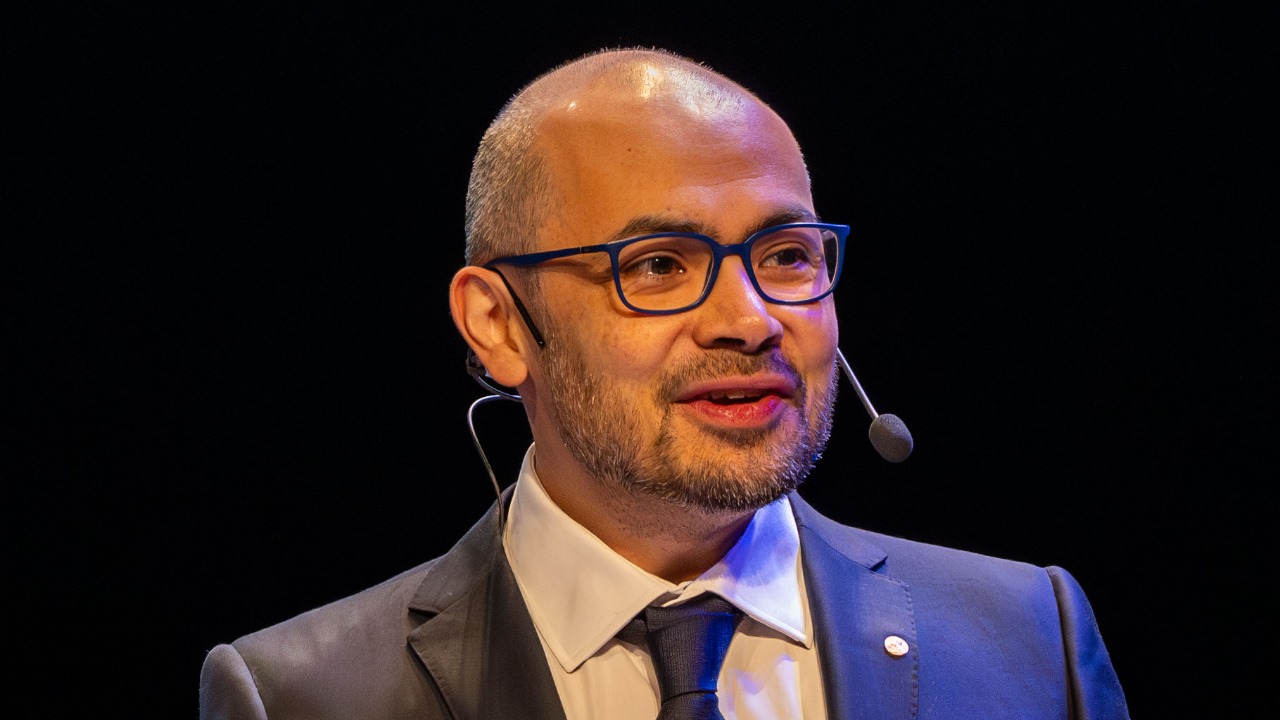
Demis Hassabis, co-founder of DeepMind and current CEO of Google DeepMind, has been a pivotal figure in the pursuit of artificial general intelligence (AGI). His groundbreaking work in artificial intelligence has not only shaped Google’s AI strategy but also stirred up debates about the feasibility and implications of AGI.
Early Influences and Formation of DeepMind
Hassabis’s background in neuroscience and game AI laid the foundation for his ambitious AI systems. His early projects, which combined these two fields, hinted at the potential of AI to mimic human cognition. This vision materialized in 2010 with the founding of DeepMind in London, a company that initially focused on reinforcement learning techniques.
DeepMind’s early experiments, such as AI mastering complex games, were precursors to broader intelligence goals. These projects showcased the potential of AI to learn and adapt in a manner akin to human cognition, setting the stage for the company’s future endeavors.
Integration with Google and Strategic Shifts
The 2014 acquisition of DeepMind by Google marked a significant turning point. This move not only accelerated resource allocation toward advanced AI research but also brought Hassabis’s vision of AGI to the forefront of Google’s strategy. Hassabis played a key role in fostering a company-wide obsession with achieving AGI, a phenomenon referred to as “A.G.I.-pilling”.
Post-acquisition, Google underwent significant internal cultural changes. Under Hassabis’s guidance, the company saw hiring surges and the development of ethical AI frameworks, reflecting a strategic shift toward AGI.
Breakthroughs Leading to AGI Claims
DeepMind’s projects under Hassabis’s leadership have marked significant milestones in AI research. The 2016 victory of AlphaGo, a DeepMind AI, over human Go champions demonstrated emergent strategic intelligence. This was a clear indication of AI’s potential to outperform humans in complex tasks.
Another pivotal project was AlphaFold, released in 2020. This AI system showcased the potential for real-world scientific impact by making significant advancements in protein folding. These milestones have been instrumental in shaping Hassabis’s vision of AGI as a solvable engineering problem.
Skepticism Surrounding AGI Attainment
Despite the excitement around AGI, there are counterarguments questioning its feasibility. Some analyses, as outlined in Prospect, portray AGI as an overhyped or distant prospect. These critiques argue that the fixation on AGI, particularly by Big Tech, diverts attention from immediate societal AI challenges like bias and job displacement.
There are also debates on whether current AI progress, including DeepMind’s work, represents true general intelligence or narrow specialization. These discussions underscore the complexity and uncertainty surrounding the attainment of AGI.
Broad Implications for Society and Technology
The pursuit of AGI under Hassabis’s leadership has reshaped public perceptions of AI’s future role in daily life. It has sparked discussions about the economic and ethical ramifications, such as potential disruptions to industries and the need for global regulation frameworks. As NYMag points out, the future of AGI could either unlock unprecedented innovation or exacerbate inequalities.
These implications underscore the need for careful consideration and responsible management of AGI development. The discourse around AGI is not just about technological advancement, but also about its impact on society and humanity.
Hassabis’s Ongoing Vision and Challenges Ahead
As the CEO of Google DeepMind, Hassabis continues to focus on scaling AI models toward human-level versatility. However, the path to AGI is fraught with technical hurdles, including compute limitations and alignment issues in pursuing safe AGI.
Hassabis’s personal philosophy driving the AGI quest is a blend of scientific curiosity and cautionary optimism. While he is a strong advocate for the potential of AGI, he also acknowledges the challenges and uncertainties that lie ahead. His leadership in the pursuit of AGI continues to shape the discourse and direction of AI research.
More from MorningOverview